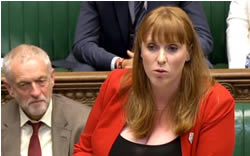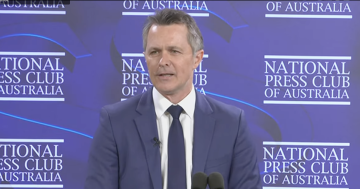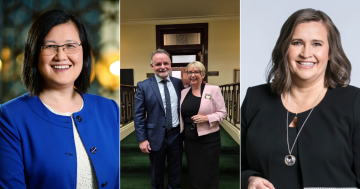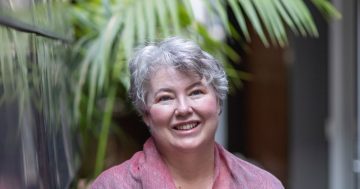UNITED KINGDOM
 UK Public Servants will no longer require academic qualifications such as degrees or A-Levels (the equivalent of Year 12 Certificates) unless they are generally relevant to the role being sought, the Opposition Labour Party has pledged.
UK Public Servants will no longer require academic qualifications such as degrees or A-Levels (the equivalent of Year 12 Certificates) unless they are generally relevant to the role being sought, the Opposition Labour Party has pledged.
The Party said it was looking to tackle the “snobbery” over qualifications by ensuring the Public Service recognised and valued an individual’s skills, knowledge, and potential, regardless of their background.
Labour will aim to ensure that public advertisements for jobs, shortlisting requirements and interview processes will be looking at academic qualifications only if it is occupationally necessary.
The intention is to allow a greater range of applicants for posts in the Public Service and ensure the Service reflects the diversity of British society.
Speaking at the Association of Colleges annual conference, Shadow Education Secretary, Angela Rayner (pictured) called for a “deep seated culture change”.
She said that under the current Government there had been billions of pounds of cuts to further education.
“Too often, opportunities are not available to those who do not pursue a traditional academic qualification,” Ms Rayner said.
“We know that genuine parity of esteem will need resources as well as rhetoric.”
She said achieving deep-seated cultural change, in which employers both know and value different kinds of education, requires leadership from Government.
“So a Labour Government will practise what it preaches,” Ms Rayner said.
She said a Labour Government would end the snobbery that underpinned attitudes towards different types of qualifications and end the assumption that academic qualifications should be a basic entry requirement for jobs in the Public Service.
“Government itself will lead the way in setting a clear example to other employers that a person’s skills and experience are as valuable as any particular type of qualification,” Ms Rayner said.
“We will ensure that those working at the heart of Government become more representative of the country they serve.”
London, 21 November 2018











